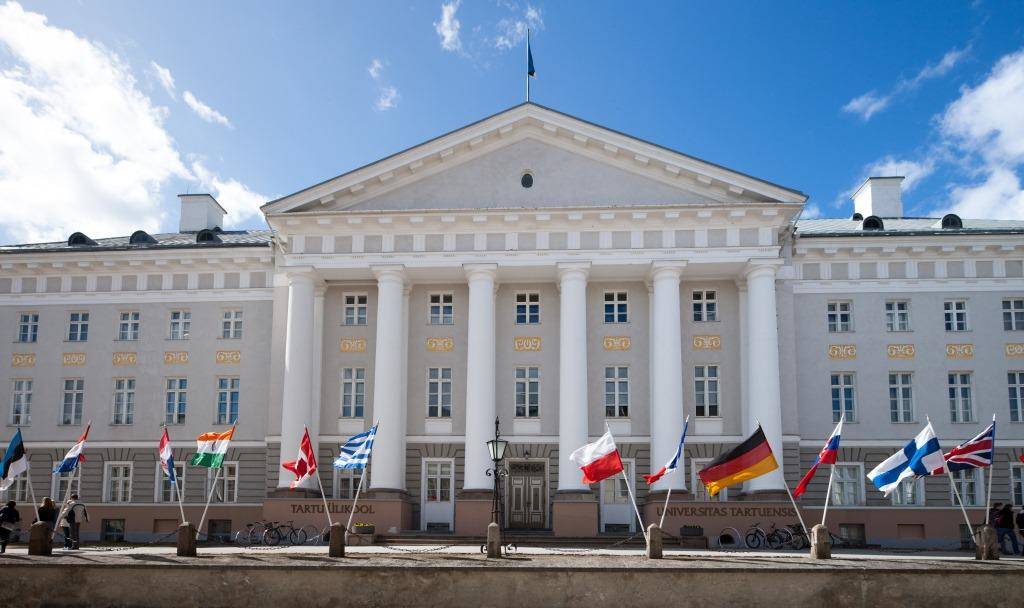In the wake of Russia’s invasion of Ukraine, Estonia’s University of Tartu decided on 7 March that it will not accept new students with Russian and Belarusian citizenship in the next academic year, unless they already have a temporary resident permit or long-term visa; over 1,200 people have now signed a public letter that asks the university to reconsider the decision.
Dear Rector, dear University of Tartu Senate,
On March 7, we received the news that the University of Tartu will not accept new students with Russian and Belarusian citizenship in the next academic year unless they already have a TRP or long-term visa in Europe. We understand that this decision was made in view of the Russian military aggression in Ukraine. However, we would like to express our concern regarding this decision.
Not only does this decision discriminate against students based on citizenship, but it also does not help fight Putin’s regime in any way and will likely assist Russian propaganda in its manipulations. In Russia, some universities have started expelling students for participating in peaceful anti-war demonstrations (Doxa). People who dare to publicly speak up may face not only administrative fines and punishments but criminal charges and prosecution, including imprisonment for up to 15 years (Duma’s statement). As of March 9, 13,801 people have been reported as detained during the anti-war actions in Russia since February 24, many of whom are students and youth (Ovdinfo.org). Studying in a European university is an invaluable opportunity to receive higher education in a free country for capable and motivated students opposing the regime. The Senate’s decision deprives them of such an opportunity.
Citizens of Russia and Belarus have always felt safe and welcome as members of the University of Tartu family regardless of their origin. The semiotician and literary scholar Juri Lotman, whose centenary is celebrated this year, was deprived of the opportunity to continue his studies in Leningrad because of discrimination. Eventually, he founded the world-famous semiotic school in Tartu that has been an inspiration for students from around the world. By denying Russian and Belarusian students access to studies, the university closes its doors for future professors, scholars, and civil leaders.
As far as we know, no European university has made such decisions regarding Russian or Belarusian students. The Senate’s decision sets a dangerous precedent and poses a threat to the academic values of freedom and equity that are crucial in these difficult times. We are worried that this ban can be harmful to the international reputation of the University that aims to support openness, cooperation, and responsibility, as listed in our core values.
We stand in solidarity with Ukraine. We consider the actions of the Russian government an unprecedented and perfidious violation of international laws and human rights. Each of us is determined to provide all possible help and support to our Ukrainian friends. We welcome any help offered to Ukrainians by the University. However, we think that the Senate’s decision is harmful and only exacerbates the division between the Ukrainian, Russian, Belarusian, and Estonian people at a time when it is highly necessary to unite all efforts to cope with the ongoing tragedy.
We urge the Senate to reconsider the decision and not deprive Russian and Belarusian students of the opportunity to study without fear of being oppressed for anti-war views.
The opinions in this article are those of the authors.


Heard both sides of the argument. I would let the Russians go and study in Estonia thereby allowing them to enjoy and understand what it feels like to be able to say and do what you like, that is without interfering with the rights of your neighbour. i.e.freedom.